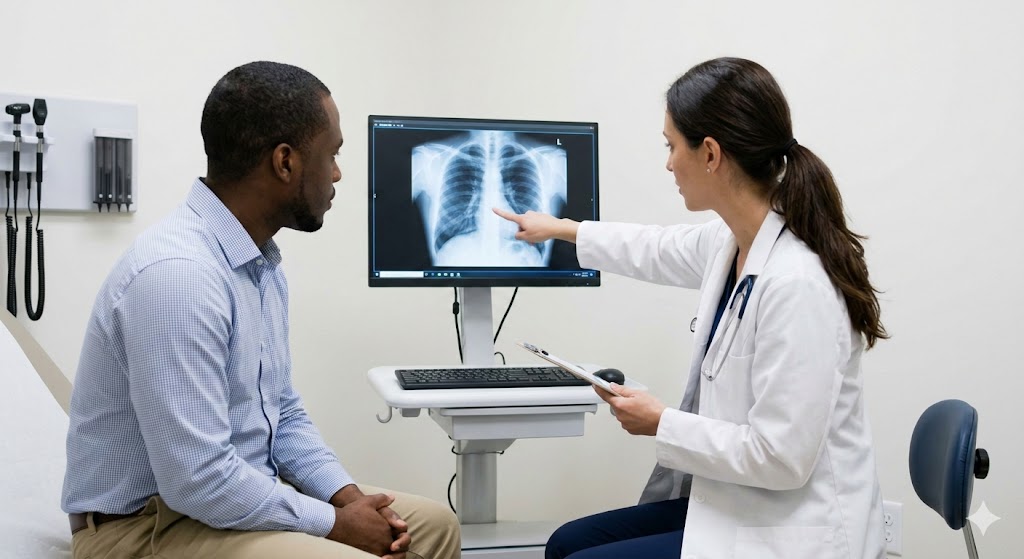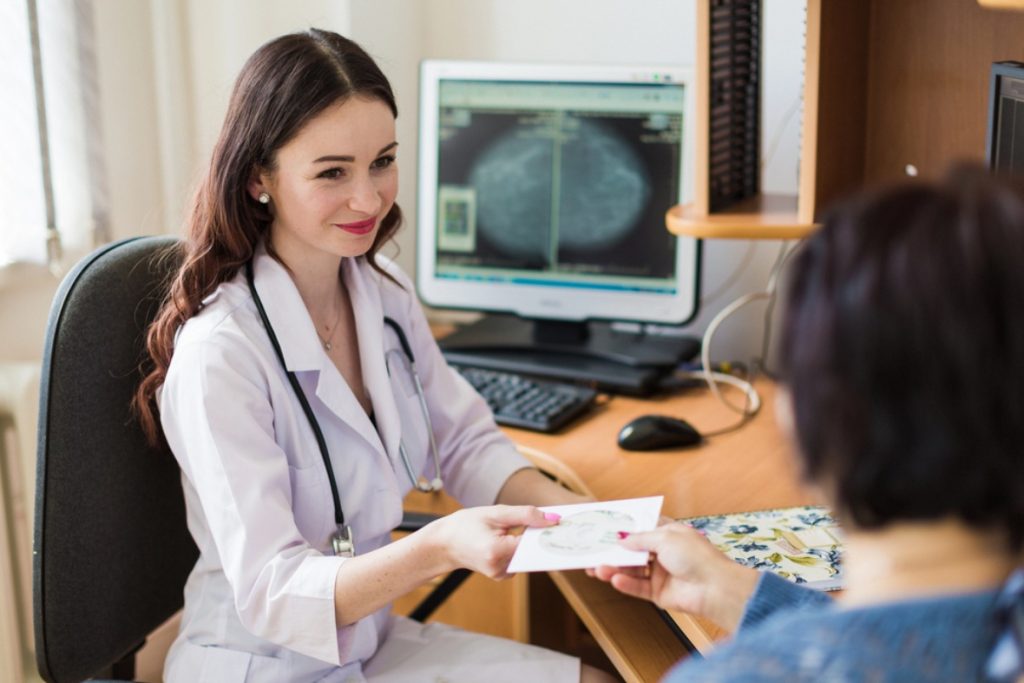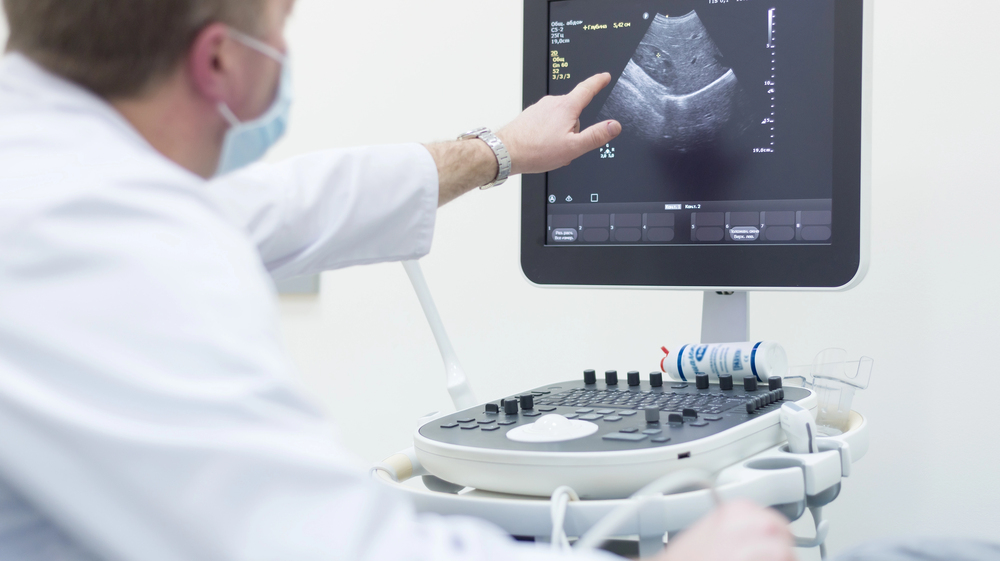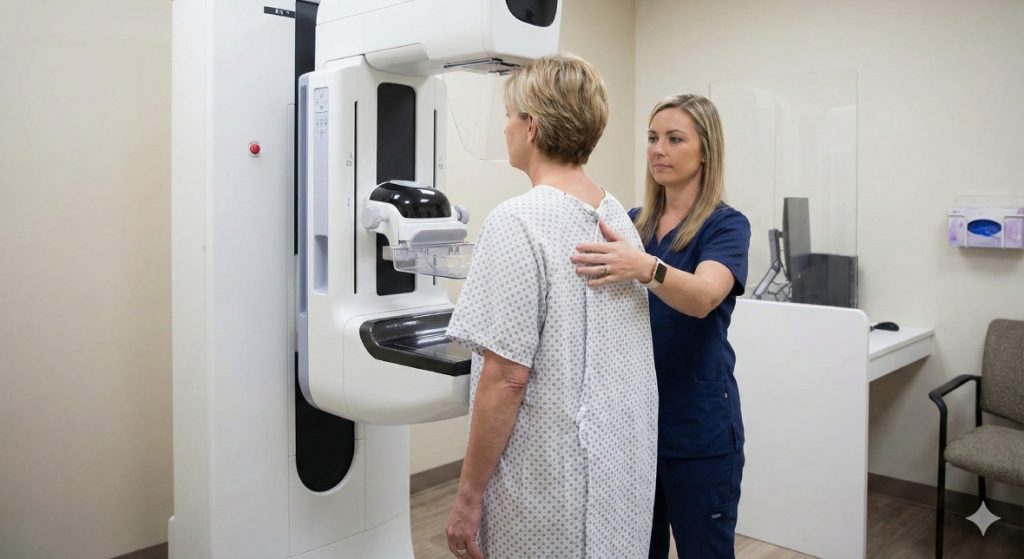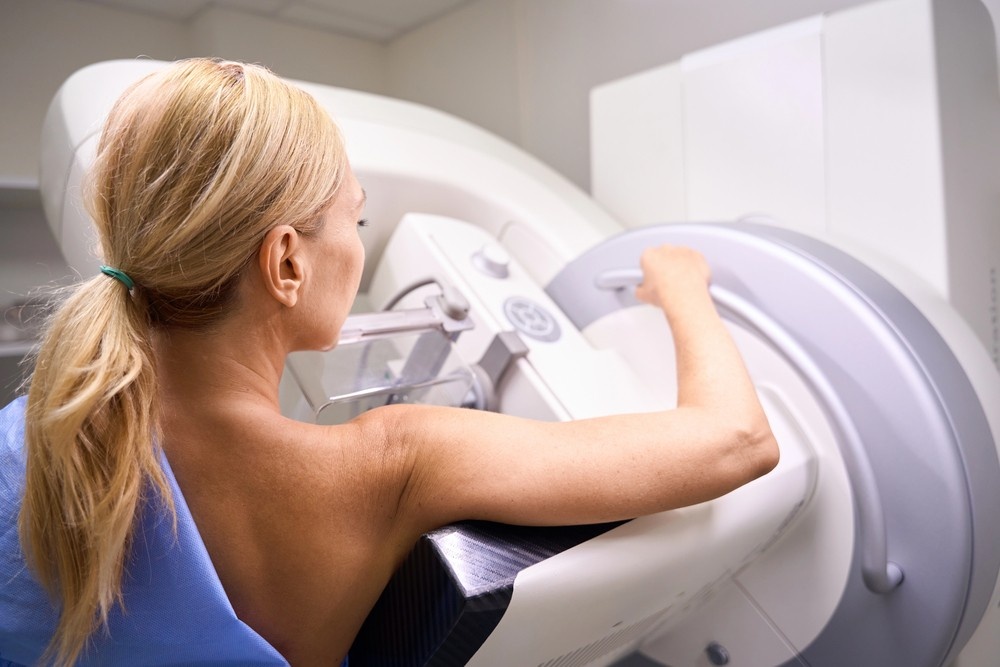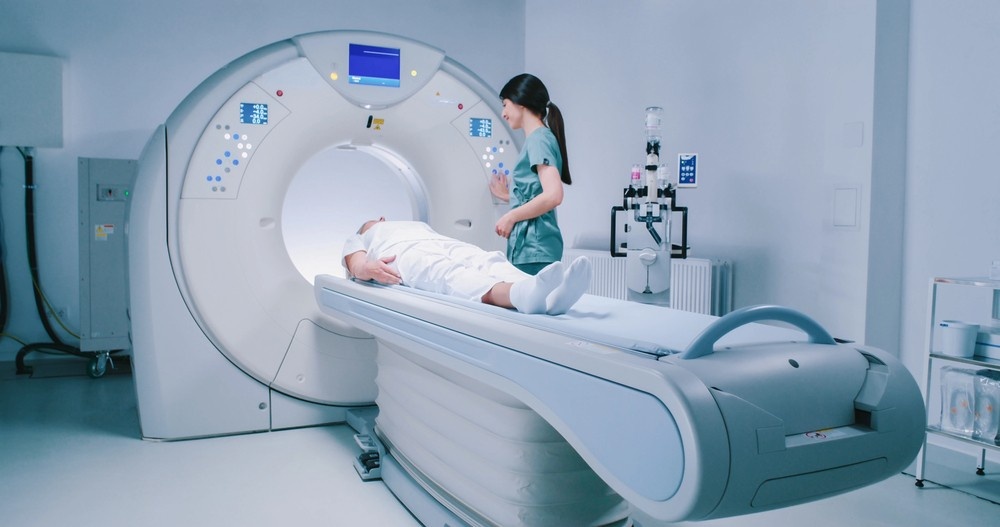Can You See Cancer In The Abdomen With Ultrasound?
May 29, 2025
You’re wondering if cancer in the abdomen can actually be spotted on an ultrasound? That’s a great question — and one a lot of people ask when dealing with strange symptoms or abnormal lab results. Let’s dive into how ultrasound works, what it can catch (and what it can’t), and when it might be your first clue in spotting something serious like cancer. We’ll also look at how NextGen Diagnostic Imaging plays a key role in providing early detection and peace of mind.
What Is an Abdominal Ultrasound?
How It Works
An abdominal ultrasound uses high-frequency sound waves to create images of organs and tissues in the belly. It’s non-invasive, doesn’t involve radiation, and can be done right in a clinic or imaging center.
Imagine shining a flashlight into your stomach — instead of light, it’s sound bouncing off structures. That echo creates real-time images that help radiologists see what’s going on inside.
Common Uses
Ultrasound is super helpful for checking:
- Liver size and texture
- Gallbladder issues
- Kidney stones or masses
- Fluid buildup
- Enlarged organs
- Abdominal pain or swelling
But what about cancer? Let’s talk about that next.
Can Ultrasound Detect Cancer in the Abdomen?
What Ultrasound Can See
Yes, an ultrasound can sometimes detect cancer — but it depends on the type, location, and size of the tumor.
Ultrasound is excellent at picking up masses, abnormal shapes, or changes in organ texture. If there’s a suspicious lesion or lump, the radiologist may flag it for further testing.
What It Might Miss
Here’s the catch — some tumors, especially if they’re small or hidden behind gas-filled structures like the bowel, can be tough to spot.
That’s why ultrasound is often the first step, not the final word. It’s like looking through a window with the curtains halfway closed. You get a glimpse, but not always the whole picture.
Types of Abdominal Cancers That May Show Up
Liver Cancer
The liver is large and relatively easy to scan. Tumors here might appear as solid masses or irregular textures. Ultrasound is often used for surveillance in high-risk patients (like those with cirrhosis or hepatitis).
Pancreatic Cancer
Pancreatic tumors can be trickier to catch. The pancreas sits behind the stomach, and gas in the intestines can block clear views. Still, larger or advanced tumors might show up as distorted shapes or masses.
Kidney Cancer
Ultrasound can spot kidney tumors, especially if they’re on the outer edge or causing changes in size or shape. It’s also used to check for cysts — and tell if they’re harmless or need a closer look.
Ovarian Cancer
In women, ultrasound is key for detecting ovarian cysts, masses, or irregularities. It’s often the go-to tool for evaluating pelvic pain or bloating.
Lymphoma and Other Masses
Enlarged lymph nodes or soft tissue tumors in the abdomen can sometimes be detected. However, further imaging is usually needed to confirm what’s going on.
Signs and Symptoms That Lead to an Ultrasound
When to Get Checked
Doctors may order an ultrasound if you’re experiencing:
- Unexplained abdominal pain
- Bloating or swelling
- Changes in appetite
- Weight loss
- Jaundice (yellowing of the skin)
- Blood in urine or stool
Red Flags Doctors Watch For
If a physical exam reveals a lump or if lab work looks off, an abdominal ultrasound is often one of the first tools used to investigate further. It’s quick, safe, and gives a good overview.
How Accurate Is an Abdominal Ultrasound for Detecting Cancer?
Sensitivity and Specificity
Ultrasound can be surprisingly accurate — but not foolproof. Its sensitivity depends on:
- Tumor size
- Tumor location
- The patient’s body type (more fat or gas can obscure views)
- Skill of the technician and radiologist
Limitations
Some types of cancer may not show obvious changes in ultrasound images. Also, deeper or hidden organs like the pancreas or retroperitoneal lymph nodes are harder to image clearly with this method.
Other Imaging Tests Often Used With Ultrasound
CT Scans
A CT scan gives more detailed cross-sectional images and is often ordered when ultrasound raises red flags. It uses radiation, but it’s great for getting a more complete view.
MRI Scans
MRIs don’t use radiation and are ideal for soft tissue imaging. They can provide deeper, clearer visuals — especially for organs like the pancreas or liver.
PET Scans
PET scans track cellular activity, making them great for spotting cancer spread. These are usually done after a diagnosis to stage the disease.
How NextGen Diagnostic Imaging Helps Patients
Expert Radiologists Onsite
At NextGen Diagnostic Imaging, your scan isn’t just about pressing a button. Experienced radiologists review every image in detail, looking for even the smallest abnormalities.
Advanced Imaging Equipment
NextGen uses cutting-edge ultrasound technology to ensure the clearest possible images. That means faster results, more accurate readings, and earlier detection when it counts.
Whether it’s your first scan or part of ongoing cancer monitoring, you’re in skilled hands with NextGen’s compassionate, highly trained staff.
What to Expect During an Abdominal Ultrasound
Before the Procedure
You may be asked to fast for 8–12 hours. Why? Food can create gas and obscure your organs. Drinking water is usually fine, and it can help fill the bladder if pelvic organs are being checked.
During the Scan
You’ll lie down, and a gel is applied to your abdomen. The technician moves a handheld probe across your skin, which sends sound waves into the body. You won’t feel a thing—just a bit of pressure.
After the Scan
No downtime needed! You can go about your day, though results usually take a day or two. If anything concerning shows up, you’ll be contacted for next steps.
What Happens If Something Suspicious Is Found?
Follow-Up Procedures
If the radiologist sees something unusual, you might be sent for:
- A CT or MRI for clearer views
- A biopsy to take a tissue sample
- Blood tests to check for tumor markers
Biopsy and Lab Testing
Biopsies are the gold standard for diagnosing cancer. Even if a mass looks suspicious, only lab results can confirm if it’s malignant.
NextGen Diagnostic Imaging Serving the Sharpstown Community and Beyond in Houston
NextGen Diagnostic Imaging is dedicated to serving the diverse needs of the local community of Houston, including individuals residing in neighborhoods like Sharpstown. With its convenient location near landmarks such as The College of Health Care Professions and major intersections like Southwest Fwy. and Bellaire Blvd. (coordinates: 29.703212665392144, -95.51451719327261), we offer ultrasound centers Houston services.
Get Ultrasound Centers Houston Services at Sharpstown Now
Navigate from Sharpstown to NextGen Diagnostic Imaging Now
Putting the Pieces Together
Can you see cancer in the abdomen with ultrasound? In many cases, yes — at least the warning signs. Ultrasound is an incredible tool for detecting masses, spotting irregularities, and guiding next steps in your diagnosis journey.
But it’s only one piece of the puzzle. Pairing ultrasound with expert care — like the kind provided at NextGen Diagnostic Imaging — ensures you’re not just getting a scan, but real answers and reliable support.
FAQs
1. Can abdominal ultrasound detect all types of cancer?
No. Some cancers are too small or located behind structures that block ultrasound waves. That’s why it’s often paired with CT or MRI.
2. Is ultrasound better than a CT scan for cancer detection?
Not necessarily. CT scans provide more detail and depth but come with radiation. Ultrasounds are safer for frequent checks.
3. How fast can an ultrasound detect cancer?
The scan itself is quick — around 30 minutes. But detecting cancer depends on tumor visibility and expert interpretation.
4. Will I feel pain during an abdominal ultrasound?
Nope! It’s painless, non-invasive, and doesn’t involve needles or injections.
5. Can I request an abdominal ultrasound without symptoms?
You can, especially if you’re high-risk or have a family history. But talk to your doctor or imaging center like NextGen Diagnostic Imaging for the right path forward.

NextGen Scan

Contact Us: We’re Here to Help!
We’d love to hear from you! Whether you have questions about our services, need more information on our diagnostic and pain management options, or would like to schedule an appointment, our friendly and professional team is here to assist you every step of the way. We are dedicated to providing you with the best care and support, and we are happy to address any concerns or inquiries you may have.

